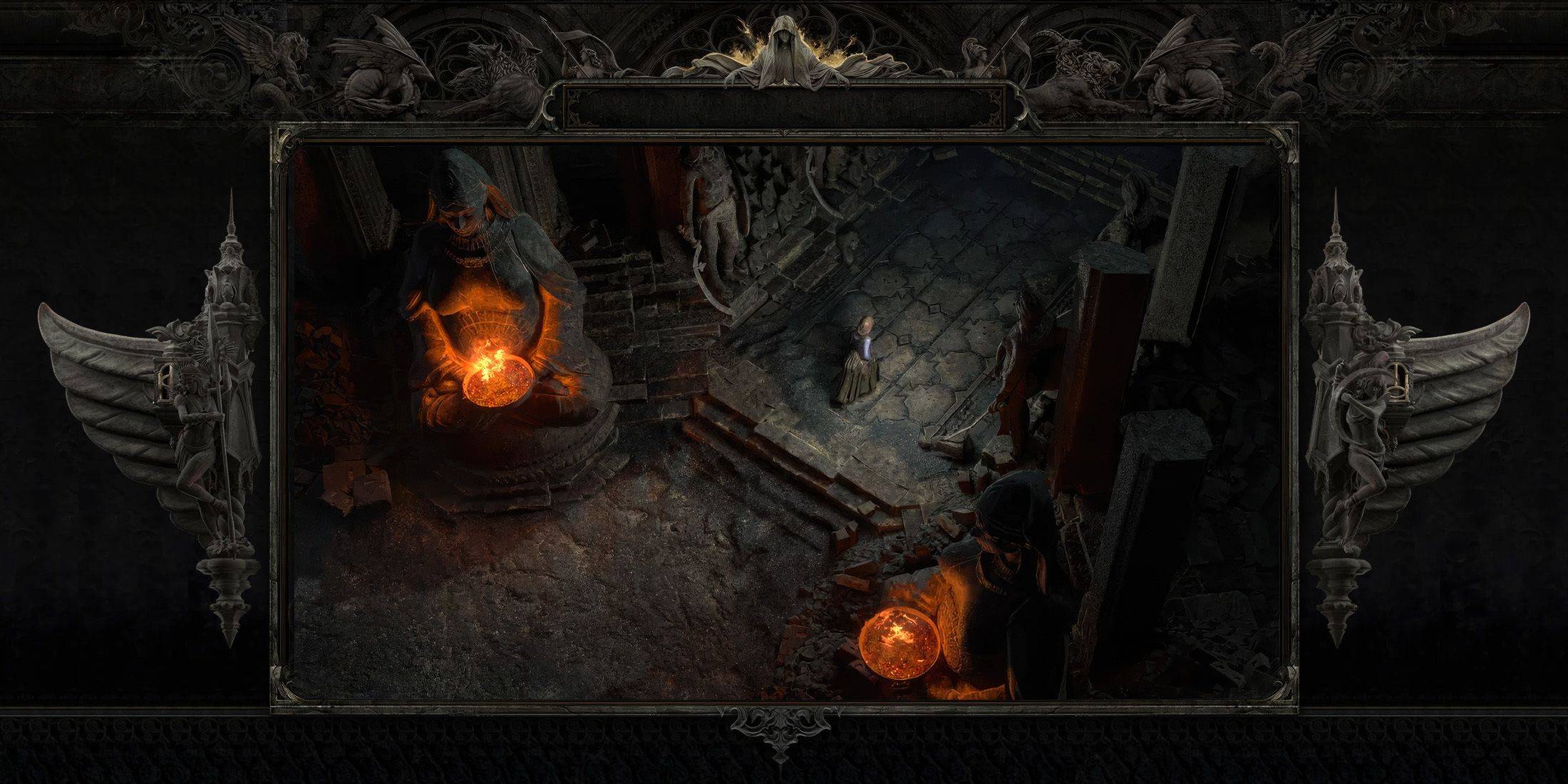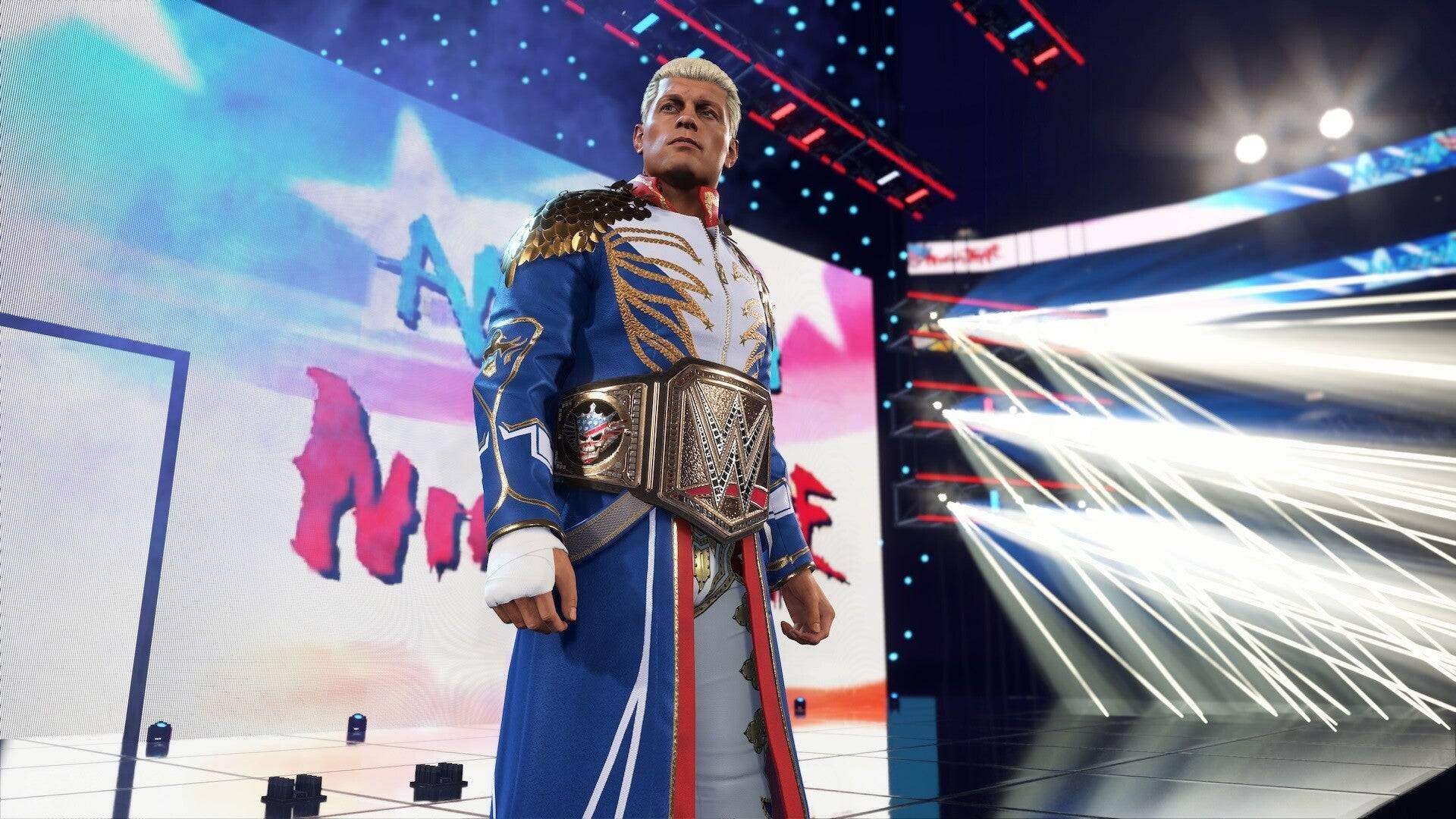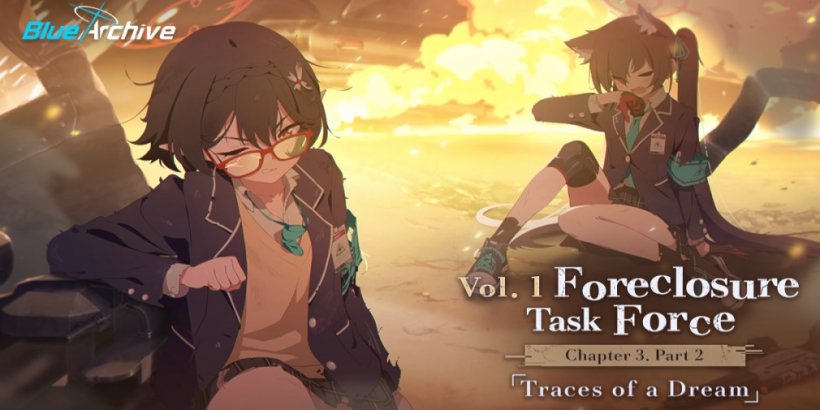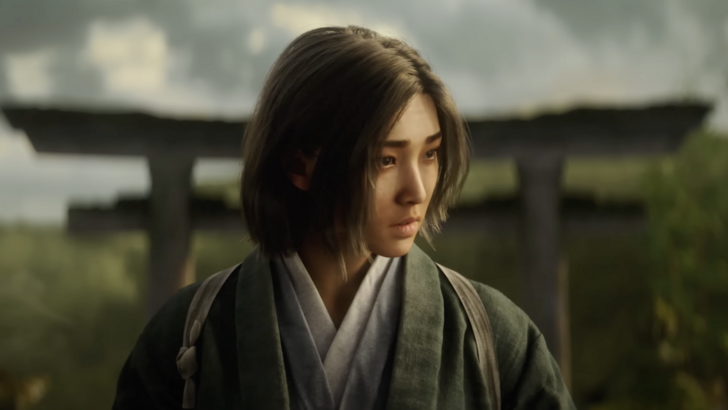
Following a string of underperforming releases and setbacks, Ubisoft faces pressure from a minority investor, Aj Investment, demanding a complete management overhaul and staff reductions.
Ubisoft Faces Investor Pressure for Restructuring
Aj Investment Claims Last Year's Layoffs Insufficient
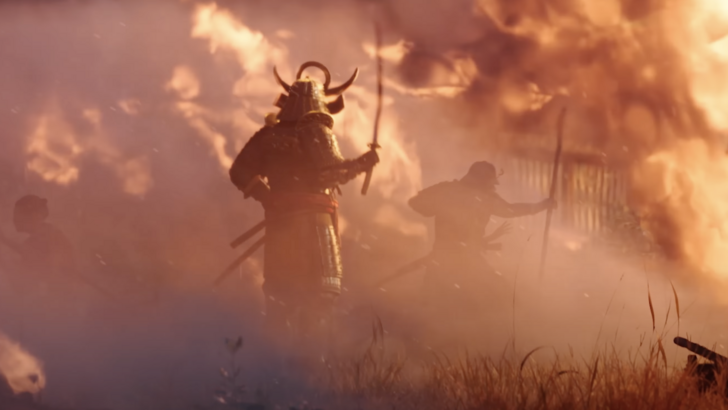
Aj Investment, a significant Ubisoft shareholder, has publicly criticized the company's performance and strategic direction in an open letter addressed to the Board of Directors, including CEO Yves Guillemot and Tencent. The letter expresses deep dissatisfaction, citing the postponement of key titles like Rainbow Six Siege and The Division to late March 2025, a lowered Q2 2024 revenue forecast, and overall poor performance. These factors, according to Aj Investment, raise serious concerns about the management's long-term viability and ability to deliver shareholder value. The investor even proposed replacing Guillemot as CEO, advocating for a new leader to optimize costs and studio structure for improved agility and competitiveness.
This criticism has impacted Ubisoft's share price, which reportedly fell over 50% in the past year, according to the Wall Street Journal. Ubisoft has yet to officially respond to the letter.
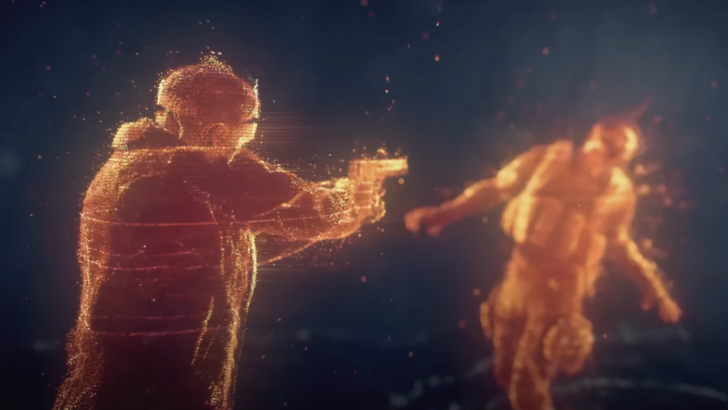
Aj Investment directly attributes the low valuation to mismanagement, claiming that shareholders are held hostage by the Guillemot family and Tencent. The investor criticizes the focus on short-term quarterly results over long-term strategic planning and delivering exceptional gaming experiences.
Aj Investment's Juraj Krupa further highlighted disappointments, including the cancellation of The Division Heartland and the underwhelming reception of Skull and Bones and Prince of Persia: The Lost Crown. Krupa also pointed out the underutilization of popular franchises like Rayman, Splinter Cell, For Honor, and Watch Dogs, while expressing concerns about the rushed release of Star Wars Outlaws, despite high anticipation.
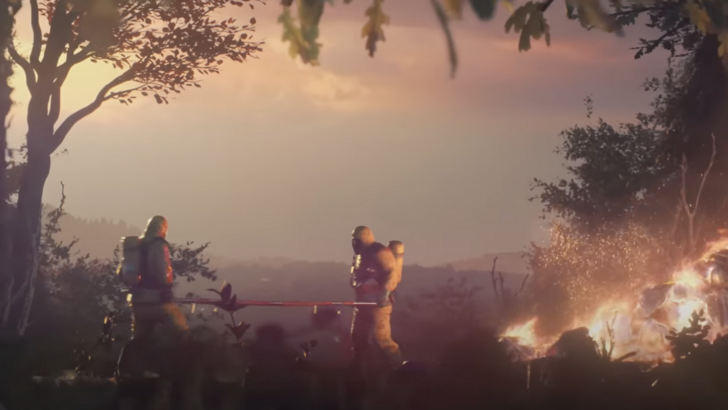
The letter also proposes significant staff reductions, citing the higher revenue and profitability of competitors like Electronic Arts, Take-Two Interactive, and Activision Blizzard, despite employing fewer staff. Ubisoft's workforce of over 17,000 is contrasted with EA's 11,000, Take-Two's 7,500, and Activision Blizzard's 9,500. Krupa advocates for cost-cutting measures and studio optimization, suggesting the sale of studios deemed unnecessary for core IP development. He emphasizes that Ubisoft's 30+ studios represent an overly large and inefficient structure. While acknowledging previous layoffs (approximately 10% of the workforce), Krupa insists that further, more aggressive cost-cutting measures are necessary to remain competitive.

 Latest Downloads
Latest Downloads
 Downlaod
Downlaod



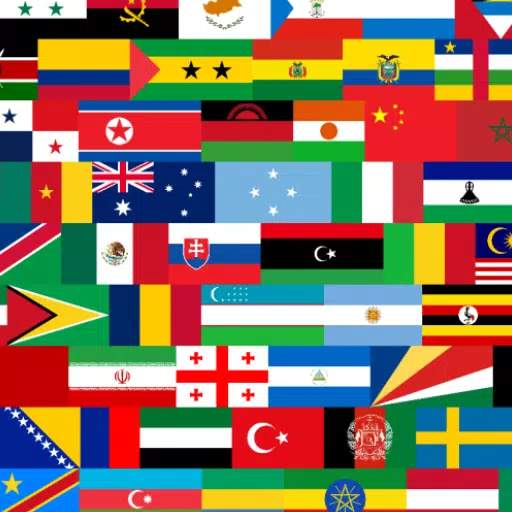
 Top News
Top News